{{phone.Value}}
successful admissions
of students enter the university of their choice
students consult Education Index when applying for universites
successful admissions
of students enter the university of their choice
students consult Education Index when applying for universites
Founded in 1941, Lomonosov Moscow State University Faculty of Economics continues the centuries-old tradition of economic education in Russia, being one of the leading centers of university education that trains economists. The traditional combination of fundamental education and professional training aims at developing students’ analytical skills and creative thinking to help our graduates adapt quickly and successfully to the requirements of any job in the field of economics. Graduates enter their career path equipped with the latest trends in the field, educated to be analytic, resourceful, and inspired leaders in the world of work, able to add value to their organizations.
Scholars from the Russian Academy of Sciences (RAS), namely, from the Institute of World Economy and International Relations, the Institute of Economics, the Central Economics and Mathematics Institute and the Institute of National Economic Forecasting are invited to teach at the faculty, thus giving the students an opportunity to learn about the latest findings in various fields of economic theory and practice.
Lomonosov Moscow State University facts
The Faculty of Economics has close ties with a number of institutions of economic education abroad, with exchange programs for undergraduate and postgraduate students as well as academic staff. Their partners are Vienna University of Economics and Business (Austria); the University of Kaizerlautern, Eberhart-Karls-University of Tubingen, Friedrich Schiller University of Jena, Johan Wolfgang Goethe University, Frankfurt, Phillips University of Marburg; Paris I -Sorbonne University, ParisIX - Dauphine University; Brest Business School and the State University of New York (SUNY). Together with leading European universities, the Faculty of Economics participates in the European programs supported by the European Commission whose aim is to harmonize Russia’s education trends with basic principles of European education policy.
There are 21 departments at the Faculty of Economics: Department of Political Economy; Department of Macroeconomic Regulation and Planning; Department of Mathematical Methods for Economics; Department of History of Economic Thought; Department of History of National Economy; Department of Economy of Foreign Countries and International Economic Relations; Department of Statistics; Department of Accountancy, Analysis and Audit; Department of Population; Department of Management; Department of Industrial Economics and Principles of Entrepreneurial Business; Department of Agroeconomics; Department of Nature Management Economy; Department of Finance and Credit; Department of Employment and Labor Relations; Department of Economic Informatics; Department of Risk and Insurance Management; Department of Applied Institutional Economics.
The economic reforms of the early 1990s brought about radical reorientation of economic education that was to meet both the challenges of the market economy and international standards of education. Since 1991 the faculty has run full-time 4-year Bachelor’s Degree and 2-year Master’s Degree programs in Economics and Management.
Bachelor’s program gives a broad fundamental and general economic education, graduates being able to go on to enter. The undergraduate curriculum includes four major blocks: the Liberal Arts, fundamental economics, applied methods and special theoretical disciplines. Master’s programs offered by the faculty enhancing their specialist knowledge in the sphere of economics and their professional skills. The Master Programme in International Business Development is a new, exciting double degree programme conducted at the leading Russian University and an internationally recognized business school in Sweden.
Starting from their first year undergraduates choose elective courses they are interested in, the number of compulsory courses being relatively small. The emphasis is on self-guided work under professors’ supervision. The best students have an opportunity to join a faculty research team.
Introduced in 1994, the curriculum of Bachelor’s program in Management includes a large number of economic subjects both fundamental and applied (Micro- and Macroeconomics; Theory of Transitional Economy; History of Economic Thought; International Economy; Industrial Economics; Banking Management; Accountancy and Audit; Principles of Entrepreneurial Business; etc) and management courses (Strategic Management; Organizational Behavior; Marketing; Project Management, Staff Management; Risk Management and Insurance; etc). The curriculum also includes mathematical disciplines and Liberal Arts, as well as an optional 8-semester course of English.
The Master’s Program in Economics allows specialization in the following fields: Economic theory; Mathematical Methods for Economic Analysis; Economic and Social Politics; Marketing; International Economy; Financial Economics; Industrial Economics and Economics of the Firm.
The Master’s Program in Management allows specialization in the following fields: Accountancy and Audit; General and Strategic Management; Marketing; Financial Management; Project Management; Risk Management; Information Management; Insurance. Master’s degree program enhances students’ knowledge of fundamental as well as applied economics and management and develops their professional skills. The curriculum includes advanced courses in Economic Theory, Econometrics and a foreign language, the core of the curriculum being, correspondingly, fundamental economic or managerial disciplines, such as: Institutional Economics; World Economy; Economy of Public Sector; Labor Economics; Accountancy and Audit; Industrial Economics; Management; Corporate Finance etc. The students are also offered optional courses of English, Mathematical Modeling of Social Processes, and Programming.

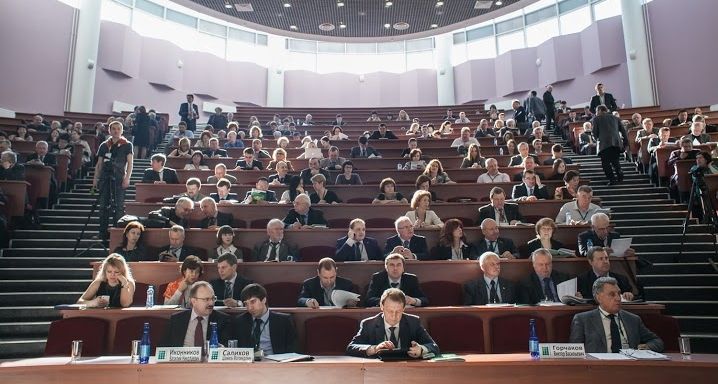
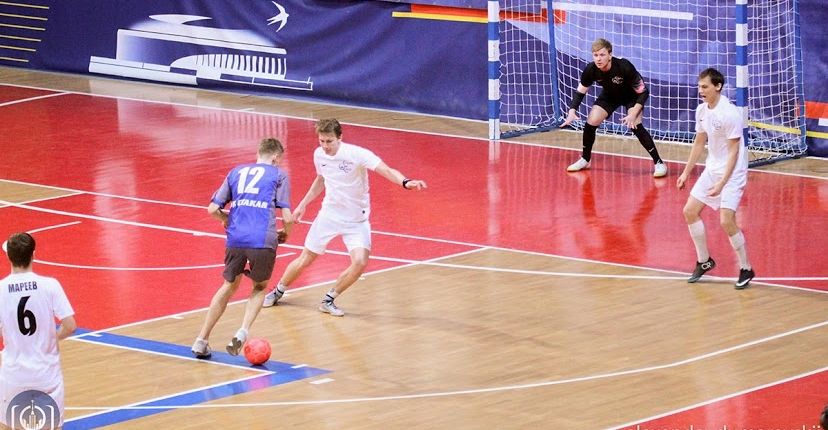
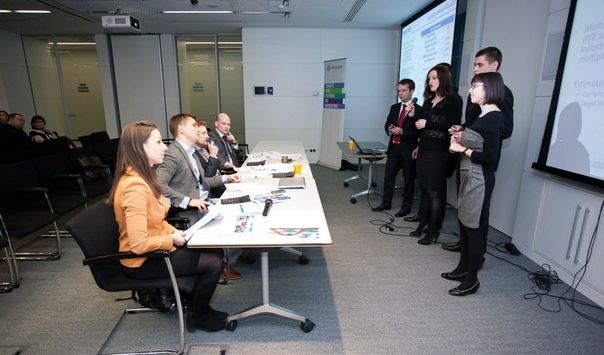
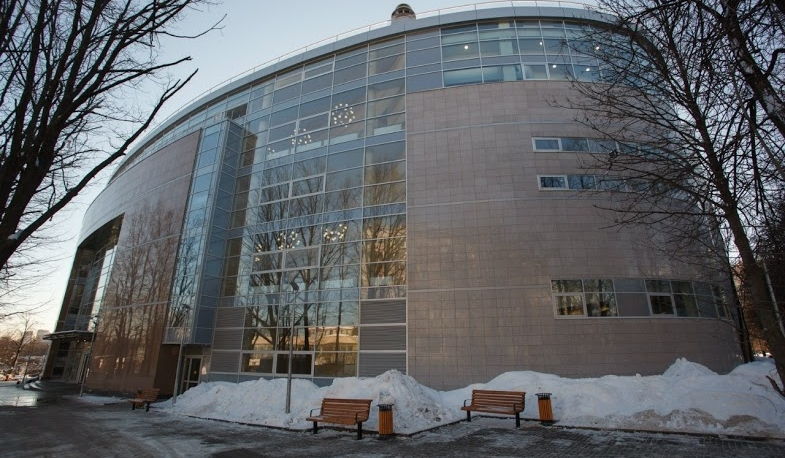
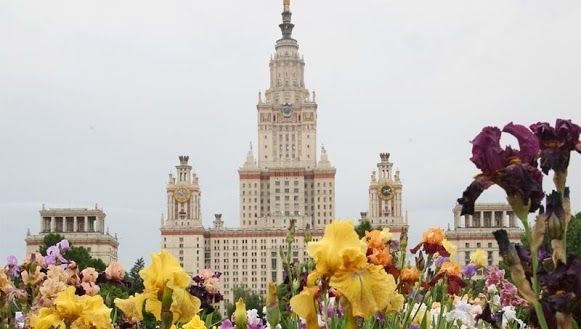

The building of the Faculty of Economics is situated on Sparrow Hills, in the southwest of Moscow. It is a forested area about five miles southwest from the city centre, which takes about 10 minutes to reach the metro from the university by foot, and it's a 15-minute metro ride to the city centre.